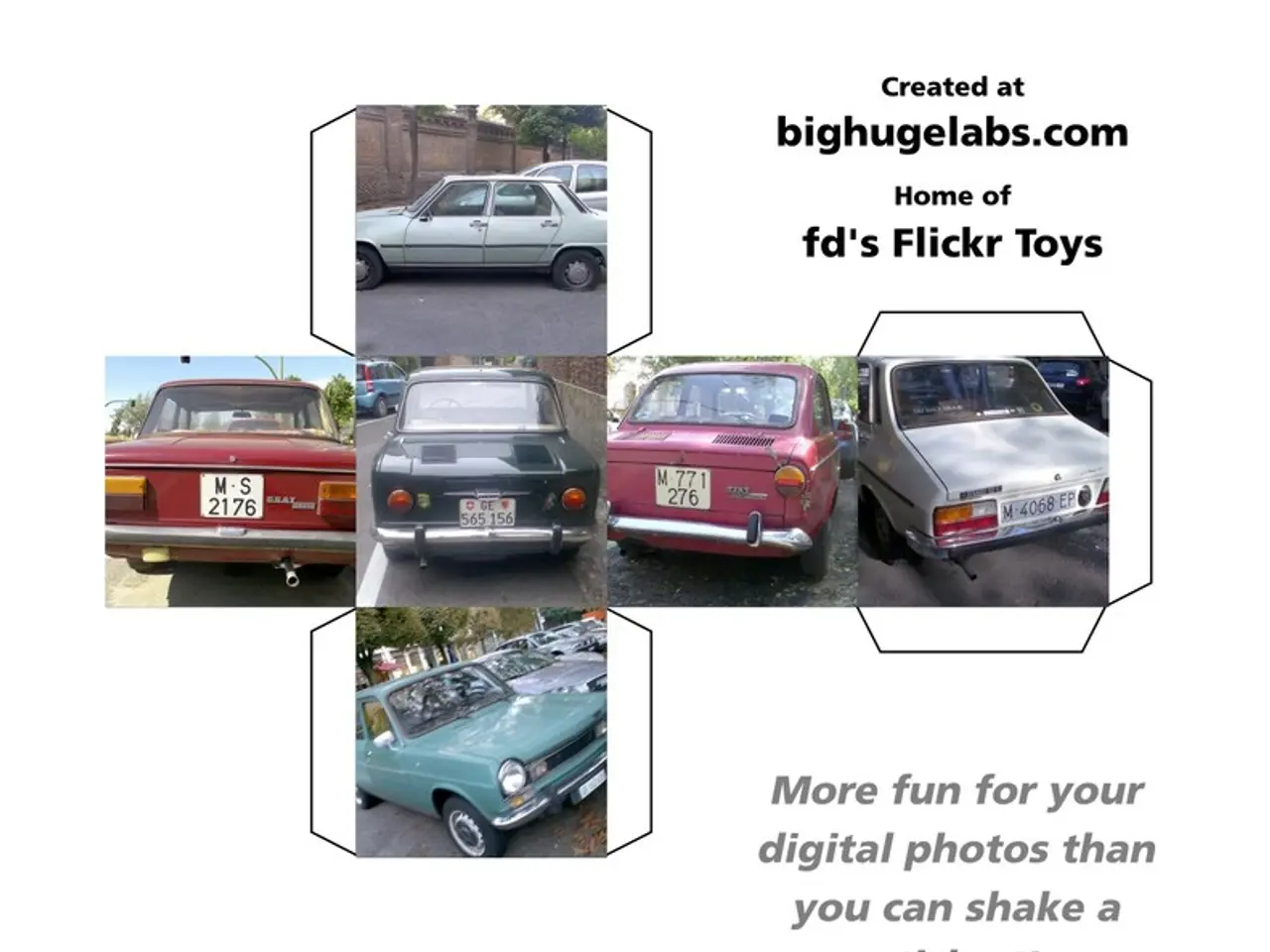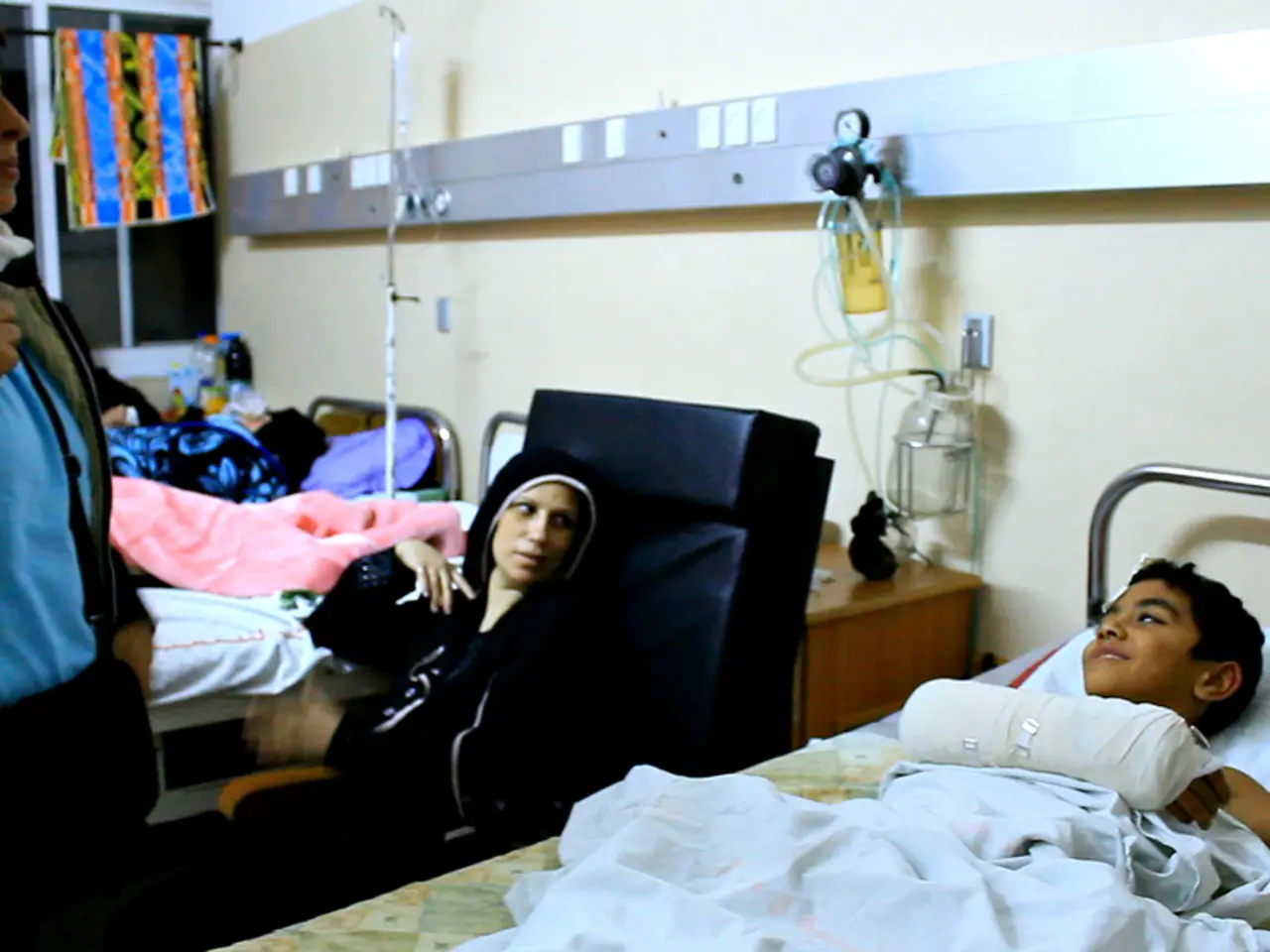Kenya's local startups face a $100 million blow due to the shutdown of USAID funding
The African startup ecosystem is experiencing a significant transformation, with the halt of USAID funding and the potential shutdown of the International Development Finance Corporation (DFC) in 2024 creating both challenges and opportunities.
#### Impact on Funding and Dependence
The reduction in USAID funding and the potential DFC shutdown could create funding gaps for African startups, potentially limiting their ability to scale and expand operations. This underscores Africa's dependence on external aid, which can stifle innovation and local resource mobilization. However, this situation also presents an opportunity for African nations to focus on domestic resource mobilization and local investment strategies.
#### Opportunities for Local Innovation and Partnerships
The funding cuts can catalyze local tech companies to develop indigenous solutions tailored to African contexts. Initiatives like the Boost Africa Initiative and the African Continental Free Trade Area (AfCFTA) demonstrate how private venture capital and regional partnerships can fill funding gaps, fostering a more self-sustaining ecosystem for startups.
Moreover, the Africa Declaration on Artificial Intelligence and the $60 billion Africa AI Fund highlight the political will to build independent digital infrastructure. This could transform how African countries manage data and AI, potentially creating new opportunities for startups focused on local digital solutions.
#### Examples of Resilience and Innovation
Despite the funding challenges, African startups continue to thrive. Sora Technology, a Japanese medical drone startup with operations in Africa, recently raised $4.8 million to expand its health interventions across the continent. Meanwhile, GiveDirectly, an organization that pivoted to private donations after a USAID funding shortfall, demonstrates the adaptability of African startups in finding new funding paths.
#### Kenyan Startups and the USAID Impact
Over the past decade, USAID's Development Innovation Ventures (DIV) invested more than $100 million in Kenyan startups, providing grants ranging from $500,000 to $6 million. Recipients include Pula Advisors, which used a $1.5 million USAID grant in 2023 to expand its insurance offering to smallholder farmers in Kenya and Zambia. Other beneficiaries include Maisha Meds, SolarGen Technologies, and Basigo, each receiving grants or loans to develop innovative solutions in healthcare, renewable energy, and transportation.
#### Conclusion
While the halt in USAID funding and the potential shutdown of the DFC present challenges for African startups, they also offer opportunities for innovation, local partnerships, and self-sustaining economic growth. By leveraging private sector investments and focusing on digital sovereignty, African nations can create a more resilient and independent startup ecosystem. The Kenyan startup scene, often referred to as 'Silicon Savannah,' serves as a testament to the continent's potential for growth and innovation. Despite the current funding shifts, African startups remain a beacon of resilience and adaptability, poised to shape the future of the continent's tech landscape.
- The decrease in USAID funding and potential closure of the DFC may widen funding gaps for African startups, restricting their growth and expansion.
- This predicament, however, could encourage African nations to emphasize domestic resource mobilization and local investment strategies.
- Local tech companies could establish innovative solutions suited to the African context as a response to the funding cuts, with initiatives like the Boost Africa Initiative and AfCFTA being examples of this approach.
- African governments, with the assistance of private venture capital and regional partnerships, can potentially fill these funding gaps, fostering a self-reliant ecosystem for startups.




